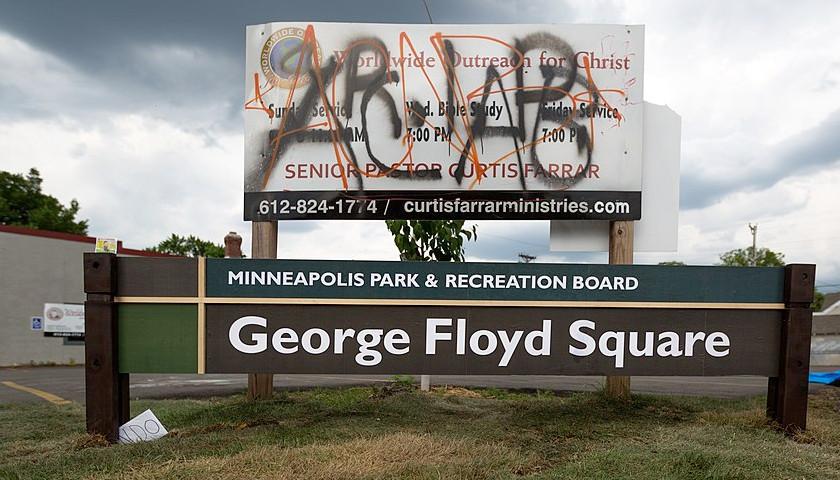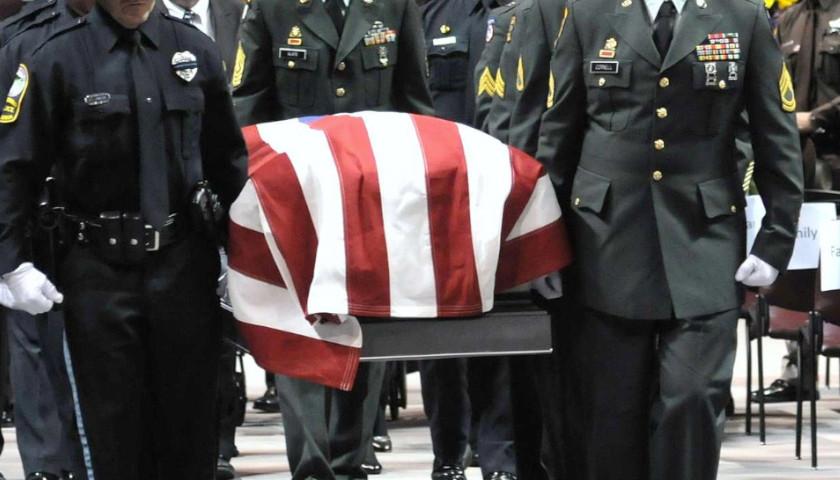Pennsylvania State Reps. Dan Miller (D-Mt. Lebanon) and Jordan Harris (D-Philadelphia) are preparing to introduce legislation that would mitigate several features of the Commonwealth’s criminal-justice system for minors.
The two Democrats would limit juvenile probation to one year for misdemeanors and to 1.5 years for felonies, stop levying nearly any juvenile court fees or fines and raise the age at which children are subject to juvenile court to 13. Under their proposal, criminal prosecution would not be an option for anyone under the age of 10.
Another component of the forthcoming legislation is an end to the practice of “direct file,” which results in automatic trial as adults in cases of murder as well as—for youths ages 15 or older—robbery, aggravated assault and voluntary manslaughter among other crimes. The measure would also eliminate the use of solitary confinement for juveniles.
Miller and Harris are basing their proposal on findings and recommendations of the state’s bipartisan Juvenile Justice Task Force, which studied law-enforcement issues involving minors over a 16-month period beginning in late 2019. In particular, Miller and Harris have lamented the report’s determinations that police in Pennsylvania arrest minors nine times more often than police in West Virginia, seven times more often than officers in Ohio and nearly 15 times more frequently than police in New York.
The two lawmakers believe arrestees’ race to be a concern, saying that African-American girls are three times more likely to be involved with police than white girls while black boys face more arrests, removals from home and trials as adults. They said black male minors also endure out-of-home placement longer than any other grouping by ethnicity and gender.
Miller and Harris’s measure comes days after advocates for lighter treatment of youth in the penile system held a press conference in Harrisburg calling for action on matters raised by the Task Force.
“The bipartisan Task Force did a great job of laying out the challenge before us,” Miller and Harris said in a joint statement urging House colleagues to sign onto their legislation as cosponsors. “We hope to see bold action by the legislature to adopt and expand upon those recommendations. Diluting or ignoring them only limits futures.”
The assertions Miller and Harris have made regarding racial disparities also echo the conclusions of the Task Force report, but many researchers have disputed the notion that racial minorities endure more severe treatment by law enforcement than whites for similar offenses.
For instance, Hannah E. Meyers, who directs the Manhattan Institute’s Policing and Public Safety Initiative, has written that differences in arrests rates exist because crime rates are higher among African-Americans and because the crimes committed by them are usually interracial.
“Homicide and robbery rates among black Americans are more than four times higher than the rates for whites; the rates are even more skewed in some major cities,” Meyers observed in National Review this autumn. “The natural consequence is that blacks call on the police for help much more often than members of other racial groups do. Suspects will disproportionately be described by victims and witnesses as black—and therefore detained and questioned by police in response.”
– – –
Bradley Vasoli is managing editor of The Pennsylvania Daily Star. Follow Brad on Twitter at @BVasoli. Email tips to [email protected].
Photo “Dan Miller” by Pennsylvania House. Photo “Jordan Harris” by Rep. Jordan Harris. Background Photo “Courtroom” by Karen Neoh. CC BY 2.0.





